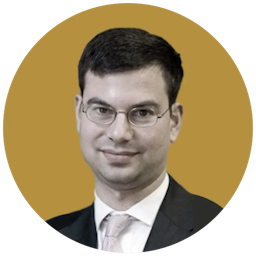Jerome Powell’s Pillow Talk
Ahead of Wednesday’s Federal Reserve meeting, what’s on the chairman’s mind?

Known to some as a one-man shadow open market committee Lawrence Summers wants a 0.25 percentage point interest-rate hike. The director of economic policy studies at the American Enterprise Institute, Michael Strain, wants a 0.50 percentage point increase. The Cato Institute’s Alan Reynolds suggests a 1 percentage point cut. The Twitter and Tesla entrepreneur, Elon Musk, is pushing a 0.50 percentage point cut, and money manager Bill Ackman is proposing a “pause,” in which the Federal Reserve neither raises nor cuts rates but rather waits until the next meeting, when there’s more information on what is happening with inflation and the regional banks.
Please check your email.
A verification code has been sent to
Didn't get a code? Click to resend.
To continue reading, please select:
Enter your email to read for FREE
Get 1 FREE article
Join the Sun for a PENNY A DAY
$0.01/day for 60 days
Cancel anytime
100% ad free experience
Unlimited article and commenting access
Full annual dues ($120) billed after 60 days

